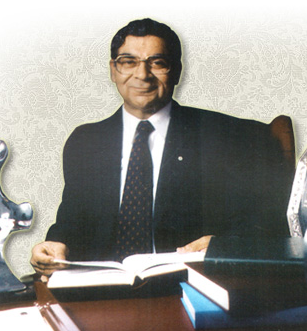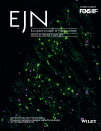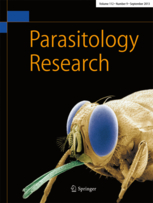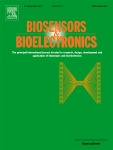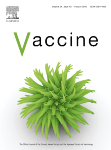
The Canadian Institutes of Health Research (CIHR) has banned a bone researcher for life following a finding of misconduct. And in a first, the agency has named her, in their report out today.
The case of Sophie Jamal may be familiar to Retraction Watch readers, as we covered it in October of last year following reporting by The Toronto Star. JAMA retracted a 2011 study by Jamal and colleagues in December, as we reported, and she resigned her positions at Women’s College Hospital (WCH) and the University of Toronto.
Jamal, according to the an investigating committee at WCH: Continue reading Canada funding agency bans researcher for fraud, and in first, reveals her name

